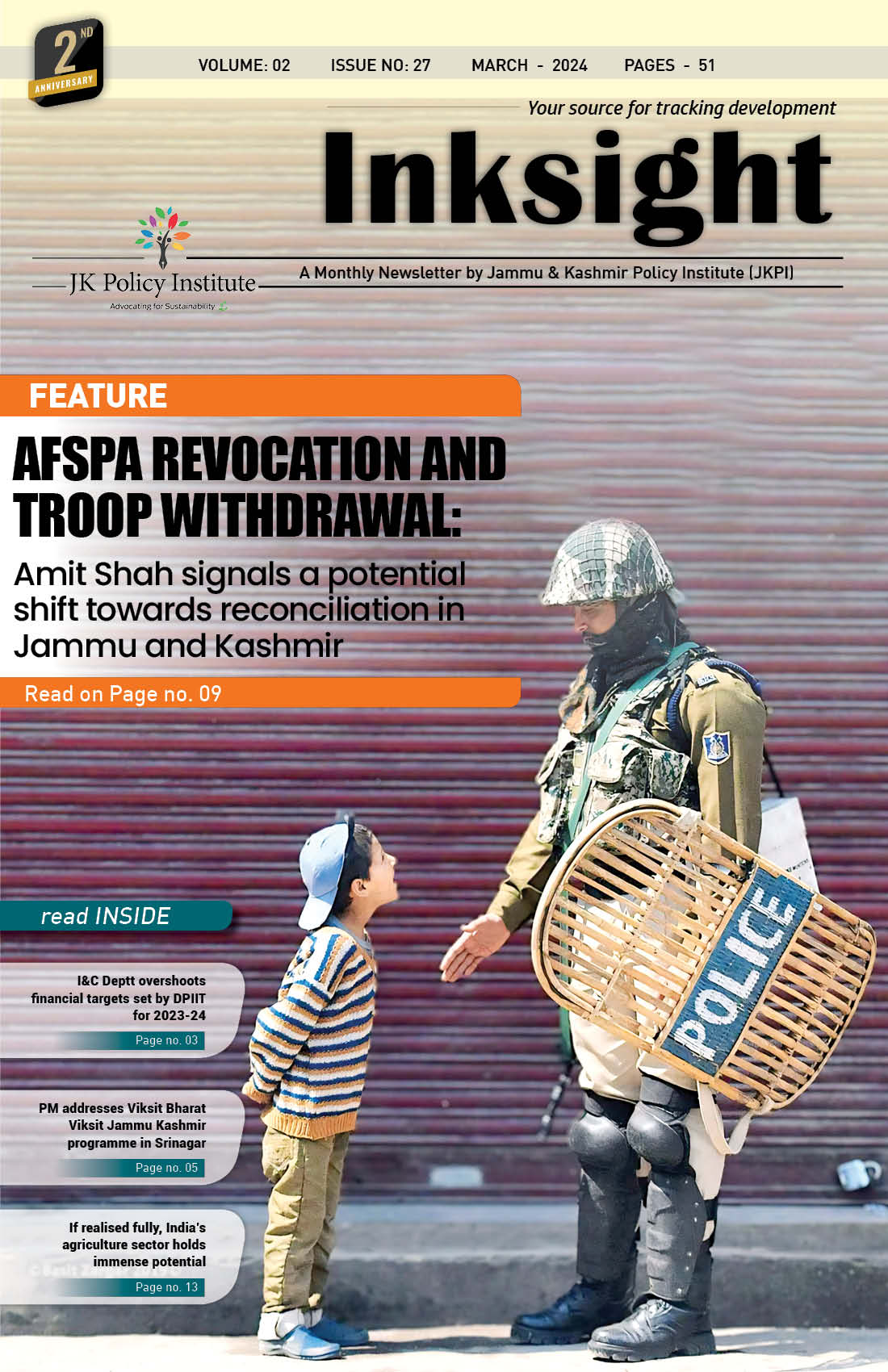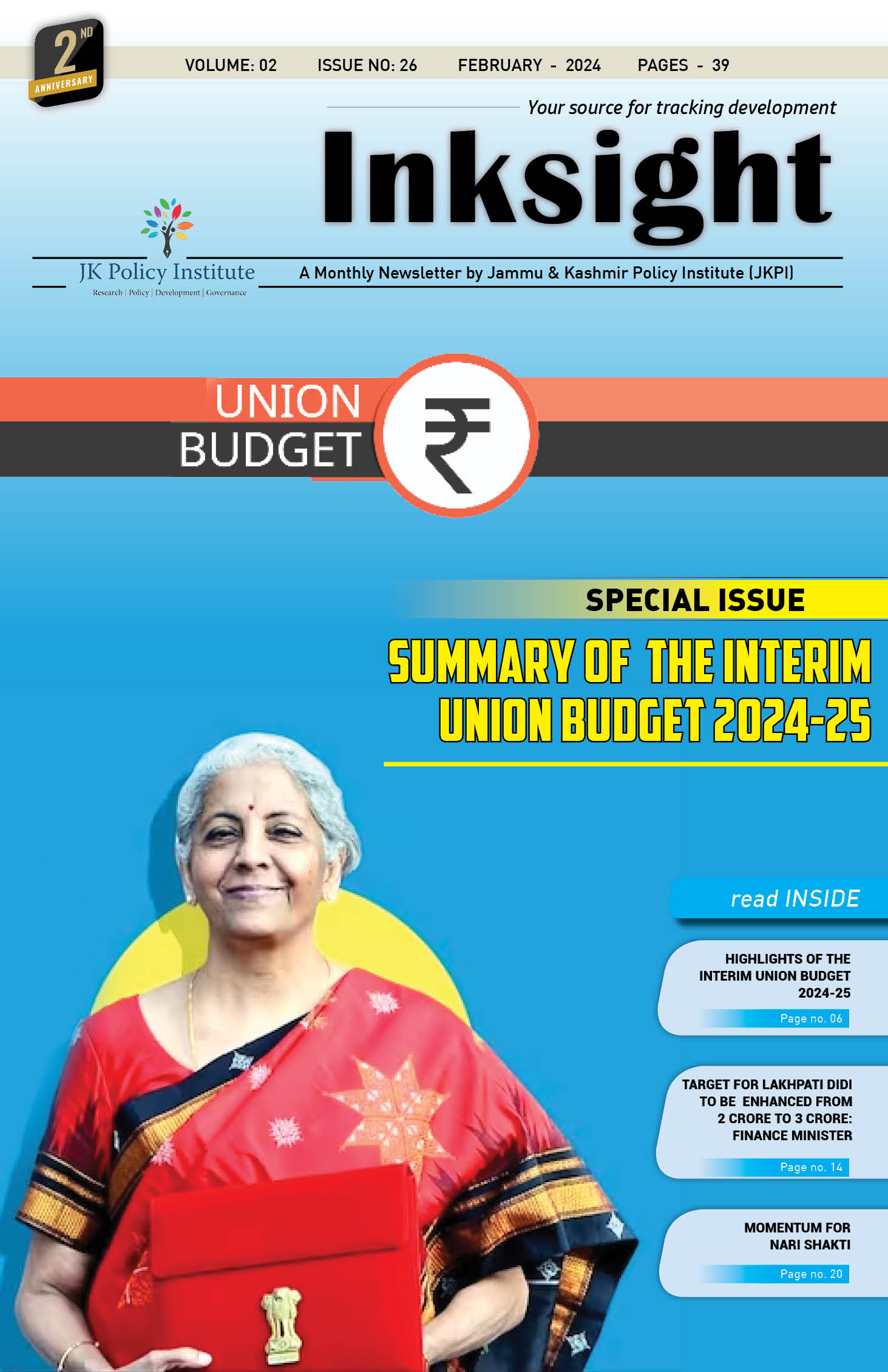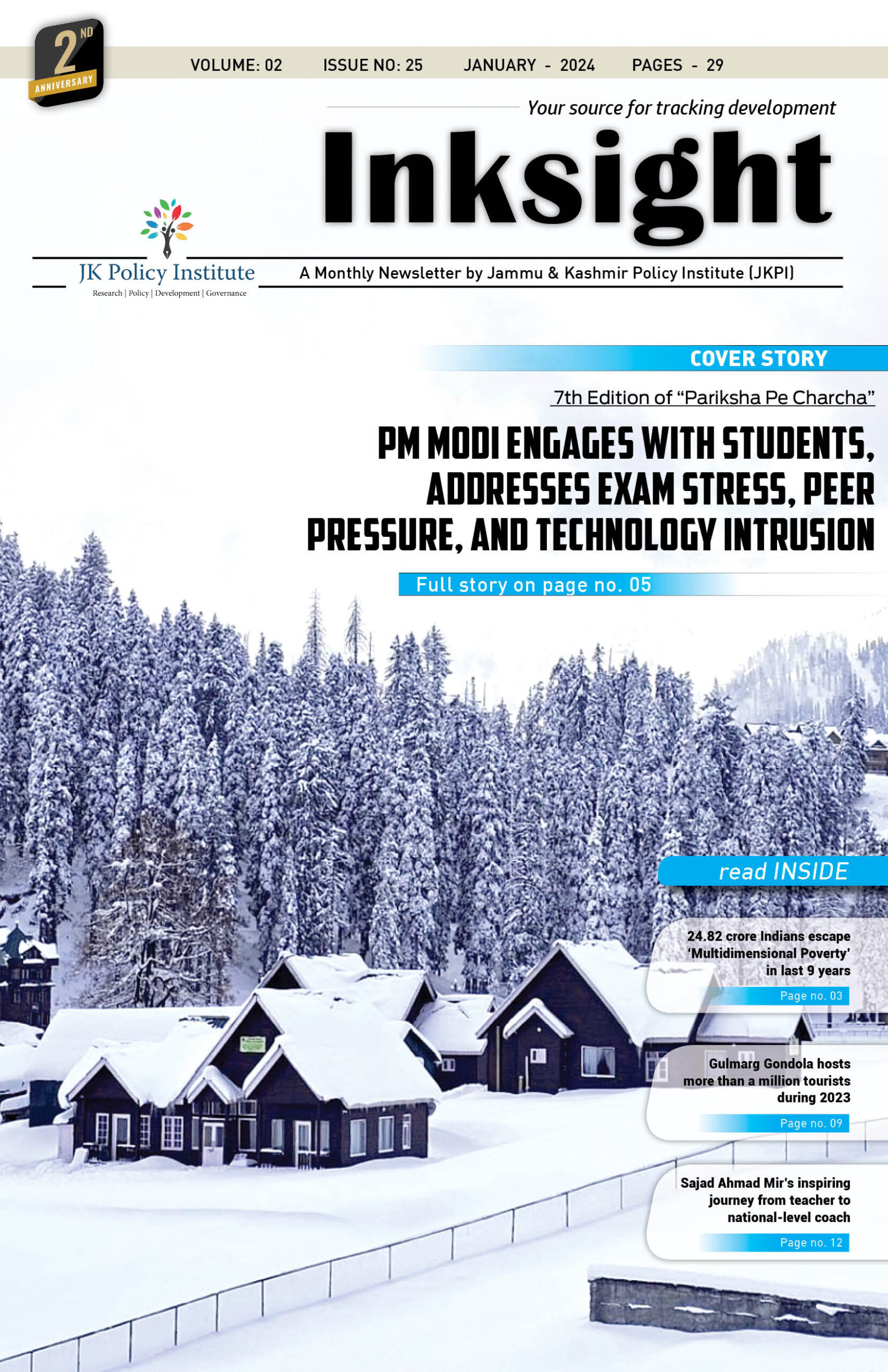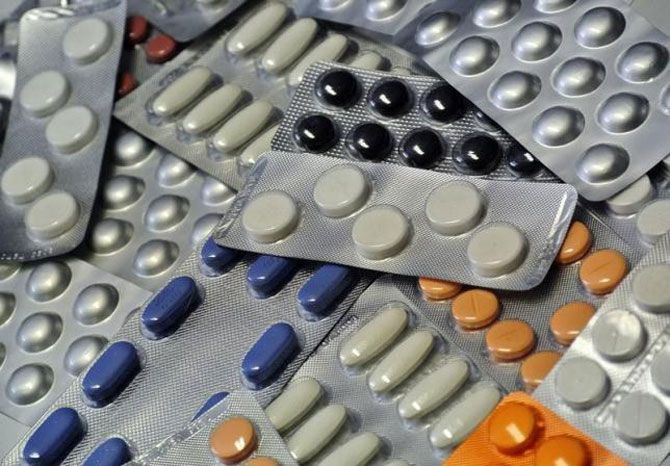The pharmaceutical business, like every other sector of the economy, has also grown exponentially over the years in J&K. While previously there were only a few chemists’ shops dealing in drugs and medicines at certain prominent places in the cities and towns, particularly around some hospitals, now every single market has dozens of shops selling medicines. While increasing population and amplified incidence of disease and ailments can be cited as reasons for the growth of this sector, it is also true that mushrooming of the chemists’ shops wouldn’t have come about without the concomitant laxity by the regulatory agencies.
Unlike in the past, securing a drug license for dispensing medicines (wholesale and retail) has become fairly easy now. It is, in many ways, a welcome development. However, on the flip side, it has also paved the way for the entry of certain unscrupulous elements and practices into this sector. Today the situation is such that unsuspecting people are falling prey to the spurious and substandard medicines and drugs that are flooding the shelves of the chemists’ shops. Together with lax regulatory mechanisms and lack of proper official scrutiny, almost any and every drug including the Schedule-H prescription drugs are available over the counter. All this makes for a very dangerous situation.
A medicine is made to save a life, to bring health, to make things better. However, the easy and no-holds-barred availability of varied drugs and medicines in the markets is proving counterproductive to the health of people. It is the responsibility of the authorities to ensure the supply of authentic drugs to the citizens. The negligence on this part is not only putting the people’s health and safety at risk, but also burning holes in their pockets, and facilitating continued cheating by “white-collar frauds” – those who pose as genuine chemists but actually sell and dispense fake and spurious medicines.
In the absence of any regular inspections by the concerned drug control and regulatory agencies, research and surveys suggest that the trade of counterfeit drugs is running smoothly across India. In Jammu and Kashmir, the situation is far more alarming.
Substandard drugs in India
In the past few decades, India achieved spectacular growth in terms of producing pharmaceuticals — from being a net importer of drugs in the 1970s to becoming one of the major exporters today. The drug industry witnessed tremendous growth. In 1990 the turnover of the drug industry was Rs 1750 lakh crore and in 2019-20 it rose to Rs 2.89 lakh crores.
India is also the largest producer of generic medicines, which actually makes it prone to counterfeit medicines as well. As per European Commission, 75 percent of fake medicines available globally are manufactured in India. According to a report released by the World Health Organization in 2017, about 10.5% of medicines sold in low and middle-income countries, including India, are substandard and falsified.
However, contrary to these reports, the Central Drugs Standard Control Organization (CDSCB) along with the Health Ministry estimates that only 5 percent of drugs in India are counterfeit, and 0.3 percent are spurious.
Situation in J&K
Assocham, an apex trade body of India, revealed in its 2008 report that the substandard and fake drug manufacturers and traders are rooted in Punjab, Haryana, and UP, but their main market is in Jammu and Kashmir. In the past few decades, thanks to the absence of normal systemic checks and balances, the trade of spurious and substandard drugs has been flourishing in Kashmir. Even as reports about this sleazy business have made regular media headlines, official action has been more or less non-existent, and the sun of unaccountability shining hot and bright.
In 2013, heart-wrenching reports came forth about more than 300 neonatal deaths at the Valley’s only paediatrics health facility – the GB Pant Hospital, with many blaming the tragedy on the fake and spurious drugs. It triggered widespread condemnations and the entire health system of Kashmir came under scrutiny. However the outrage and uproar remained there for only a few days, and the government also promised to ensure supply of standard drugs to the masses. However, nothing formidable was done that could have kept surveillance on the fake drugs market.
Recently, between December 2019 to January 2020 – some 12 children, aged between one to four years, died in different areas of the Ramnagar area of Udhampur district after consuming spurious drugs supplied by a Himachal Pradesh based company. This was confirmed by an expert team from the Union Ministry of Health and Family Welfare. Later NHRC directed the UT government to provide compensation to families of the deceased children.
The nationwide survey in 2014-16 also corroborated that spurious and substandard drugs were found in J&K’s government hospitals. Its report reveals that at least 8.37 percent of medicines taken from government-run hospitals have been found ‘substandard and spurious’. The survey reveals an interesting finding – unlike in the government-run hospitals — only 3.5 percent of drugs taken from private retailers were found not of the standard quality.
Similarly, in 2017-18, the Drug and Food Control Organization (DFCO) found that some 69 samples of different medicines were not of the standard quality. Out of these 69 samples, 51 (i.e. 81 percent) were taken from hospitals and markets of Kashmir.
To ensure the supply of safe and standard drugs to the government health institutions, in 2015 a nodal agency for procurement of pharmaceuticals — Jammu and Kashmir Medical Supplies Corporation Limited (JKMSCL) came into being. As per its guidelines, the drugs will be obtained only from the lowest bidder (L1). However, various newspaper reports quoted doctors and other health experts as saying that the JKMSCL was turning a blind eye towards the quality of drugs for low prices. The contracts are given to the companies (suppliers) who provide large supplies at cheaper rates — so the focus is on just the rice and not on the quality. The companies having a Good Manufacturing Practice Certificate (MPC) are being ignored because they didn’t compromise on the rates and the quality.
In November 2021, a report revealed that government drug labs in Jammu and Kashmir and seven other states have either not conducted impurity tests ever, or not performed them routinely. Reports claim that less than 1 percent of medicines get scanned and the rest make it to the markets without any checks or quality assessments. This reveals that there are too many loopholes in the surveillance of the quality of medicines available in the market.
There is weak legal control over the drug trade in Kashmir. Thus, consequently, J&K has become a safe haven for its traders. In every nook and corner of Kashmir, drug shops are operating without any hassles, and there is no surveillance whatsoever to confirm who is selling what. Nor is there any sign of research that would assess the actual percentage of substandard and spurious drugs available in the market, and evaluate their impact on people’s health.
Recommendations
- Government should put together a robust drug policy, taking care of the shortcomings and loopholes in the existing rules and regulations. Formulation of such a policy should be tasked to an expert committee drawn from diverse backgrounds of medicine, pharmacology, law, commerce, pharmaceutical trade et al. The policy should also specify — and it should be backed up with proper legislations – stringent punitive action against those found involved in any manner, and at any level, in the entire chain of fake, spurious and substandard medicines – right from manufacturing to its final point of sale and dispensing.
- Various trade and industry bodies should also be roped in to name, blame and penalize any members of the fraternity as may be found involved in the dangerous business of manufacturing, selling and supply of such drugs.
- Effective licensing is vital. Supplying and selling drugs is not the same as selling shoes or firewood. Not every Tom, Dick and Harry can be given a license to start a drugs business. There should be some qualification for those who want to be in the trade – and this qualification, whether in terms of education or any other criterion should be specified in the drugs policy and licensing rules itself.
- Unique identification, similar to barcoding, should be considered in all pharmaceutical products. Technological approaches, such as radio frequency identification devices, should also be considered for proper surveillance of all drugs manufactured and supplied anywhere in India.
- There should be regular inspections and checks of the chemists’ shops. A special team should be recruited for this purpose. Those selling fake drugs should be strictly punished and their license cancelled. The information about substandard medicines should be disseminated through different media platforms.
- Measures must also be initiated to increase the accountability of the officials manning the Drug Control agencies. It goes without saying that the corruption in these agencies is directly proportional to the amount of lawlessness in the market. Control corruption in these government agencies, and chances are that no unscrupulous medicines supplier or seller would escape the legal dragnet for any unlawful activity.
- The drugs should be purchased only from authorized distributors. It will help to reduce fake drugs from entering the market.
- It is also vital to educate consumers about the extent and harmful effects of substandard drugs. They should be encouraged to buy medicines through valid prescriptions. Internet access companies should be asked to construct search algorithms so that certified and legal online pharmacies appear first.
References
https://www.google.com/amp/s/m.thewire.in/article/health/with-officials-rarely-checking-for-impurities-indias-drug-testing-has-a-big-blind-spot/amp
https://www.jkmsclbusiness.com/procurement_rule.php
https://kashmirlife.net/dirty-nexus-28604/
https://www.google.com/amp/s/amp.ibtimes.co.in/infants-deaths-due-spurious-drugs-jk-govt-releases-rs-36-lakh-total-compensation-details-842994
https://www.ijpsonline.com/articles/current-scenario-of-spurious-and-substandard-medicines-in-india-a-systematic-review.html





Leave a Reply
You must belogged in to post a comment.